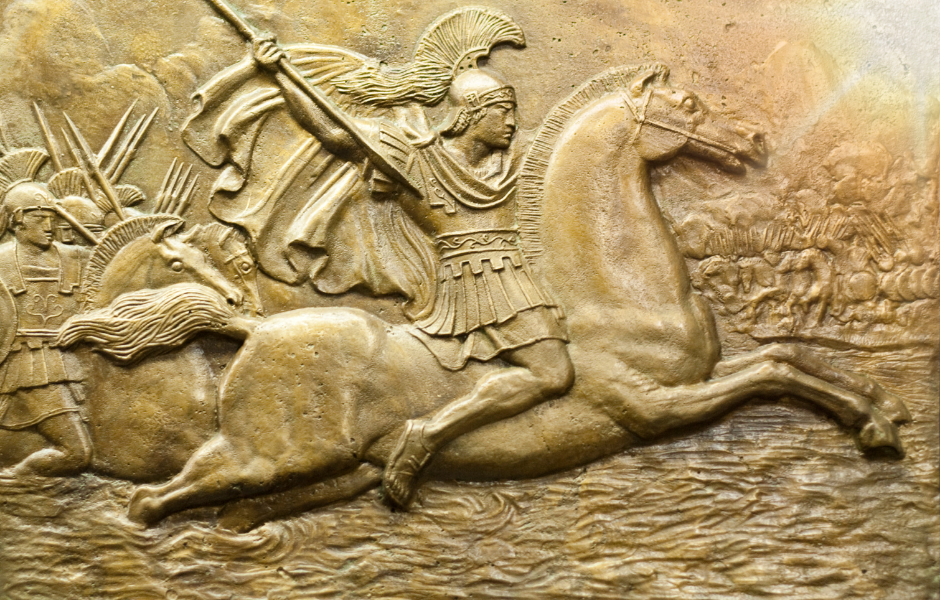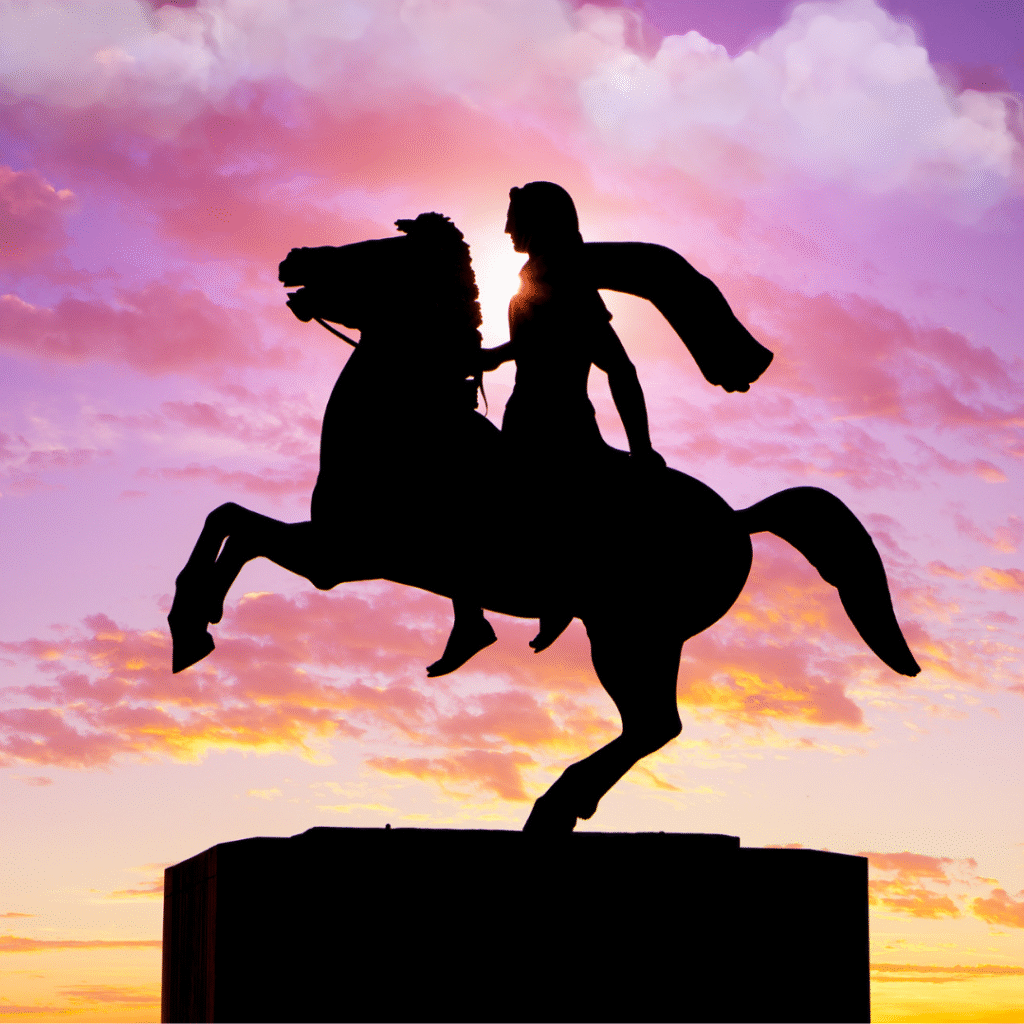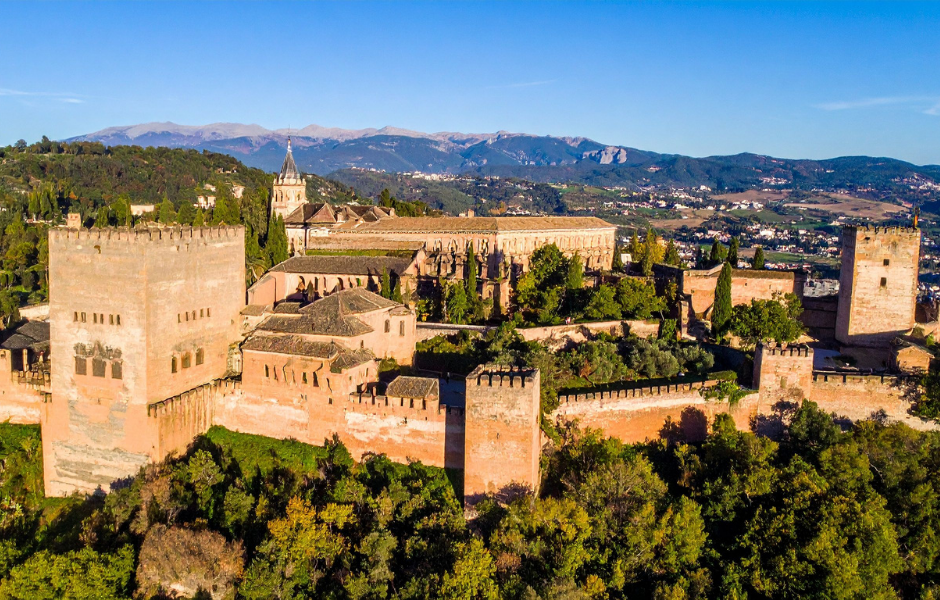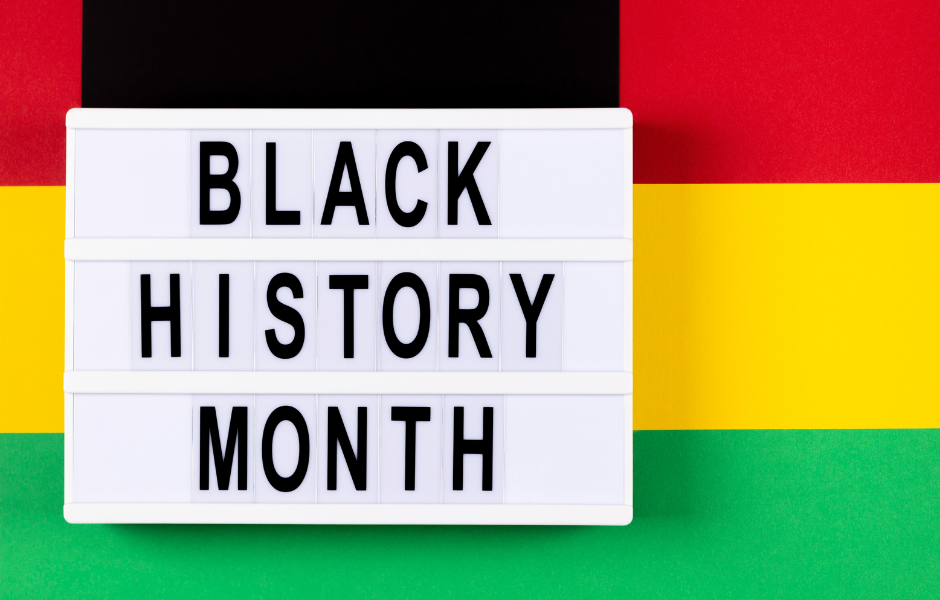
This children’s article, Alexander the Great: The unstoppable conqueror, has been written for native English speakers and learners of English as a second or foreign language. It can help children build vocabulary, learn about one of history’s most famous leaders, and discover amazing facts from the ancient world. Written by Mark Pulley, a teacher and writer who creates fun and informative news articles for English learners.
A king at 20
Over 2,000 years ago, a young man named Alexander became king of Macedonia (in northern Greece) at just 20 years old. Most new kings would take their time to settle in, enjoy fancy feasts, or get used to wearing a crown. Not Alexander. He was full of energy and ambition.
He grabbed his sword, hopped on his horse, and set off to conquer the world. He didn’t just want to rule; he wanted adventure, glory, and to make his name echo through history.
Never lost a battle
Alexander’s armies marched across three continents: Europe, Africa, and Asia. He faced huge battles against massive armies, often outnumbered, but here’s the wild part: he never lost. Not once.
His strategies were so clever and unexpected that his enemies didn’t stand a chance. He used speed, surprise, and teamwork to win every time. Even today, over 2,000 years later, military leaders still study his tactics to learn how he pulled it off. It’s like being a sports champion who wins every single match for over a decade!
Building a giant empire
Along the way, Alexander founded over 20 cities (and yes, he often named them “Alexandria” after himself; he clearly liked his name). His empire stretched from Greece all the way to India, making it one of the largest in ancient history.
This meant people from many different cultures met, traded goods, and swapped ideas. New foods, fashions, and inventions spread quickly. For the first time, distant lands were connected, and Alexander’s empire became a giant melting pot of languages, traditions, and knowledge.
The end of the adventure
In 323 BC, in Babylon, Alexander’s journey ended suddenly. He was just 32. Was it illness? Poison? No one knows for sure.
His empire quickly fell apart, but his legend didn’t. For thousands of years, people have remembered the young king who never lost a battle and dreamed bigger than anyone else.

Article vocabulary list
- Empire – A group of countries or regions ruled by one person or government
- Strategy – A careful plan to achieve a goal, especially in battle
- Connected – Linked together or related in some way
- Ancient – Very old, from thousands of years ago
- Battle – A fight between large groups, especially in a war
- Legend – A famous story or person remembered for a long time
- Conquer – To take control of a place by force
- Macedonia – An ancient kingdom in northern Greece
Comprehension questions
Just click the plus (+) to see the answer
1. How old was Alexander when he became king?
A) 20
B) 25
C) 18
Answer: A) 20
2. What was unusual about Alexander’s battle record?
A) He never lost a battle
B) He never fought in a battle
C) He only fought one battle
Answer: A) He never lost a battle
3. Which continents did Alexander’s empire cover?
A) Europe, Africa, Asia
B) Asia, Australia, America
C) Africa, Asia, Antarctica
Answer: A) Europe, Africa, Asia
4. What did Alexander often name his new cities?
A) Macedonia City
B) Alexandria
C) Babylon
Answer: B) Alexandria
5. How old was Alexander when he died?
A) 40
B) 32
C) 25
Answer: B) 32

Mark is a writer and EFL teacher from England with eight years’ experience. He’s passionate about travel, sport (especially football), animals, nature, and history, and enjoys helping children explore the world through language and learning.




